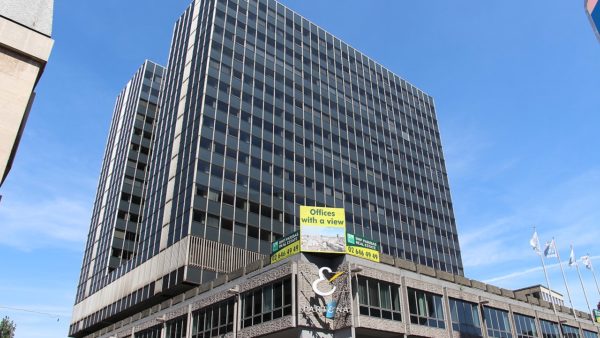A team of British planning experts is in China this week advising mayors on how to build cities that are socially, environmentally and economically sustainable.
The workshop tour by the Town and Country Planning Association (TCPA) will cover urban renewal, green infrastructure and energy, political leadership, and transport.
Funded by the UK’s Foreign and Commonwealth Office in Beijing, the tour comes as the former head of the World Bank in China urged the government there to allow China’s big cities to get even bigger, and reverse its policy of channeling rural migrants to smaller cities. Yukon Wang told the Bloomberg news service that restricting the growth of China’s mega cities would hurt economic growth.
The TCPA group will meet officials from the Chinese government’s economic research agency to deliver a workshop on low-carbon buildings, and meet officials in fast-growing Shenyang, which has more than six million inhabitants.
They will also present their ideas at the national academy of China’s mayors.
“As more and more people across the world migrate from rural to urban areas, seeking jobs and homes, we must ensure our large-scale towns and cities grow sustainably,” said Kate Henderson, chief executive of the TCPA, the UK’s oldest housing and planning charity.Â
“This means delivering a whole range of facilities, such as schools, parks and public transport, alongside employment areas and housing as these communities expand.”
The TCPA said that, to succeed, cities must reduce carbon emissions, shift to renewables, make homes zero-carbon and provide cost-effective transport.
The cost of sprawl
This echoes a report released last month by the Global Commission on the Economy and Climate, which found that building better connected, more compact cities based on mass public transport can save over $3 trillion in investment costs over the next 15 years.
A study of 50 cities worldwide estimates that almost 60% of growth in expected energy consumption is directly related to urban sprawl, surpassing the impact of GDP and population growth, the report said, noting that this leaves many cities vulnerable to volatility in global energy prices.
Chinese urban planners will have even more to mull over after Yukon Huang, former World Bank chief in China, told Bloomberg yesterday that restricting the growth of China’s mega cities would shave as much as 1.5% off the country’s GDP growth every year, and make China an “ecological catastrophe”.
Big cities drive innovation and specialisation, and make consumers easier to reach if cost-efficient public transport is provided, said Huang, now a senior associate at the Carnegie Endowment for International Peace.
Beijing and Shanghai already have about 20 million people each, while Guangzhou and Shenzhen both top 10 million, but the level of China’s urban concentration is still fairly low by global standards, Bloomberg commented.
“China’s big cities are actually too small,” said Huang.
Photograph: Cars stuck on an overpass in Shanghai (ChinaFotoPress via Getty Images)






